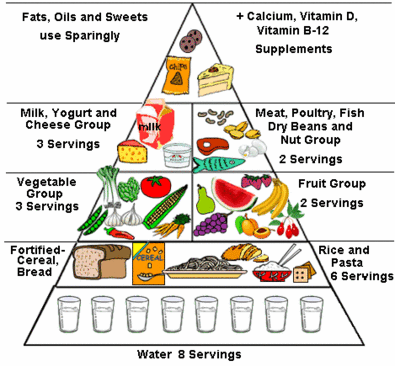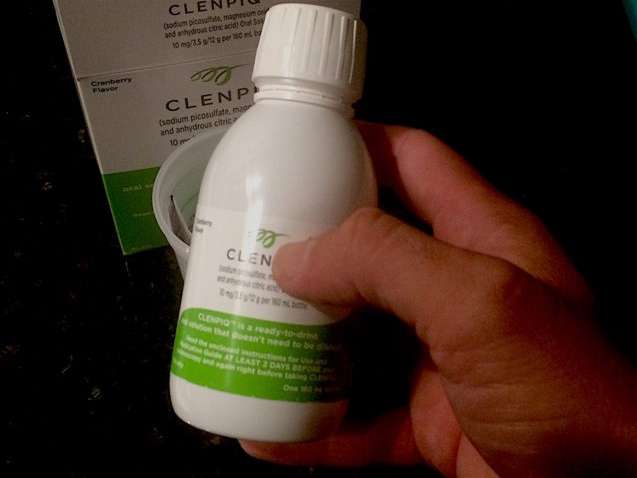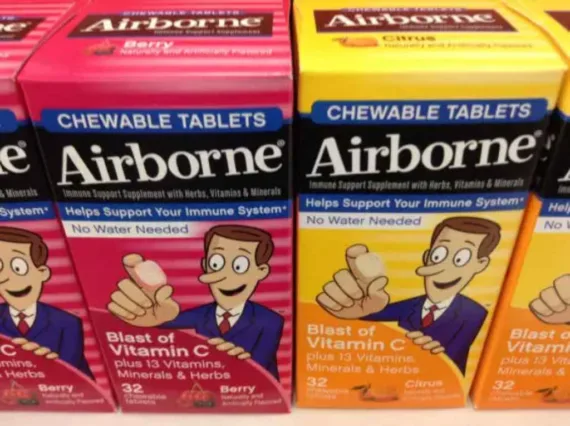What Is Gluten And Why Would Anyone Want To Eliminate It From Their Diet?
- Gluten is a protein found in wheat, rye and barley. It is the one that makes breads made with wheat elastic — which helps them to rise so beautifully into soft, light loaves.
- Gluten is the natural “glue” that holds a pie crust together so it’s flaky instead of dry and hard.
- Gluten is the protein in foods that can cause a lot of people with gluten intolerance (or Celiac Disease) a lot of problems.
What’s the difference between gluten intolerance and Celiac Disease?
I am gluten intolerant.
Here is a little about my personal experience, how I discovered I have gluten intolerance, and why I only eat gluten-free foods now…
Gluten Has Affected My Health
For most of my life, I ate anything I wanted, within reason.
I always prided myself in eating a mostly “healthy” diet, with whole wheat bread, the “two slices of toast, bowl of cereal, and orange juice breakfast”, sandwiches for lunch, plenty of pasta, and breads with dinner. Maybe strawberry shortcake for dessert.
Little did I know that my diet was sabotaging my health.
For most of my life, I have also had problems with my innards that were not pretty. I had to take Imodium every day, every time I ate. The problems only got worse the older I got, and I just assumed that because most of my close family members had the same problems, this was just one of those “family traits” — like freckles or a certain shade of green eyes — that I would always have.
In addition to the intestinal things I was experiencing, I had pain in my feet and legs to the point of having to take pain relievers every night before going to bed. There was also tingling and numbness in my feet and ankles, which I attributed to my Type II Diabetes, as well as the beginning of peripheral neuropathy, another thing that I would “just have to live with”.
Headaches, the kind that felt like my eyes were coming out of my head, flatulence, bloating, and a myriad of other little things that I thought were just signs of getting older.
Things Turned Around When I Went Gluten-Free
Then one day about a year ago, one of my cousins sent out an email to all of his blood relatives. It said, in effect, that he had been diagnosed with Celiac Disease and that the only treatment for it is to eliminate gluten from your diet.
The list of symptoms he described sounded just like mine. So, I told my husband, “We’re going to go on a gluten-free diet to see if my symptoms go away.”
To my surprise, the most pronounced symptoms started to improve in just 4 days! I have been on a gluten-free diet for one year. The only time I get a headache now is if I happen to eat something containing wheat. I call it my “gluten hangover”. I no longer take Imodium. The pain in my legs is gone, and there is no tingling or signs of neuropathy at all.
Tips For Eating Gluten-Free
So, how do you go about removing gluten from your diet?
The most obvious is to not eat bread. It also takes a lot of reading labels, relearning how to cook, and asking questions at restaurants.
While breads and other baked goods will never taste like those made with wheat, going gluten free does not mean that you will be resigned to tasteless, cardboard-like bread. There are lots of gluten-free products on the market today, including baking mixes frozen meals, cookies, pastas, cereals, and much more. And they’re actually quite tasty!
So, if you have been diagnosed with gluten intolerance or Celiac Disease, stay tuned for lots of gluten-free recipes, cooking tips, and reviews of gluten-free products.
More About Celiac Disease & Eating Gluten Free




